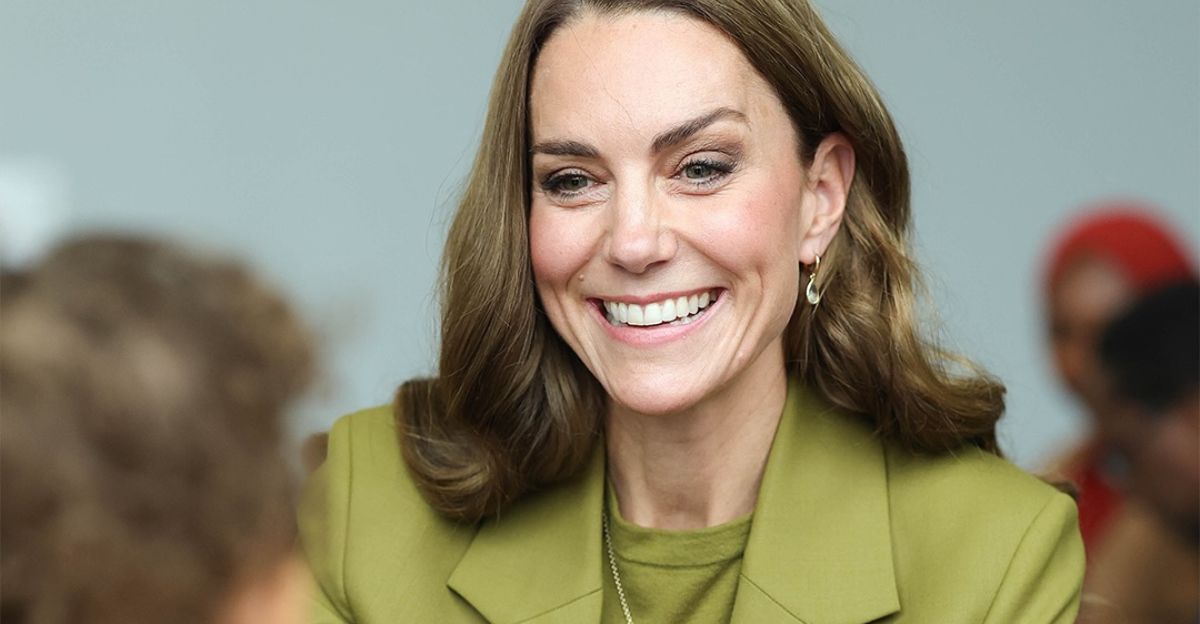
Princess Catherine has ignited a firestorm by co-authoring an essay warning of an “epidemic of disconnection” fueled by screens, only to find herself at the center of a debate about privilege, responsibility, and whether her advice is even feasible for ordinary families.
The Essay and Its Harvard Foundation

On October 9, Princess Catherine released The Power of Human Connection in a Distracted World, co-written with Harvard psychiatrist Professor Robert Waldinger. The essay draws on nearly nine decades of research from the Harvard Study of Adult Development, which has tracked participants since 1938 and revealed that relationship quality at age 50 predicts long-term health better than cholesterol levels or blood pressure.
Catherine’s timing carried particular resonance. The essay emerged as she gradually resumed public duties following her January 2025 cancer remission announcement. At a hospital visit after treatment, she reflected on recovery’s difficulty, saying: “You think the treatment has finished and you can crack on and get back to normal, but that’s still a real challenge.” Her essay represents a renewed focus on meaningful connection as she returns to public life.
The piece echoes a warning now gaining momentum across Britain. Catherine calls scrolling at dinner or checking emails during playtime “a quiet withdrawal of love,” arguing that “when we check our phones during conversations, we are withdrawing the basic form of love that human connection requires.”
The Contradiction Emerges

Yet critics quickly pointed out a stark reality: Catherine maintains an Instagram account with over 15 million followers—part of the broader royal digital empire reaching 30 million people across @theroyalfamily and @princeandprincessofwales. She champions digital restraint while leveraging the same platforms her essay critiques.
Observers praised her courage. Hannah Furness of The Telegraph noted the Princess “stuck her neck out,” calling it “a bold move,” though she acknowledged Kate had “opened herself up to criticism.” Yet the underlying tension remained inescapable: preaching presence while thriving in an online spotlight.
Working Parents Fight Back

The real friction came from those for whom screen time represents necessity rather than indulgence. Charlotte Cripps, a single mother of two, wrote in The Independent: “Parents balancing work, bills, and child care aren’t scrolling through phones out of apathy but exhaustion. Screen time is a godsend amid the cost-of-living crisis.” Cripps described juggling school drop-offs, employment, and online shopping while managing basic responsibilities—realities Catherine’s staffed household at Kensington Palace renders invisible.
Social media responses amplified this frustration. Parents noted the irony of accepting royal guidance from someone with nannies, cooks, and household staff. Many acknowledged Catherine’s message resonated intellectually while remaining practically unattainable for those without similar resources.
Schools Embrace Device-Free Zones
Despite the controversy, Catherine’s essay has aligned with tangible institutional shifts. Oxford Spires Academy implemented a complete smartphone ban for Years 7 through 11, allowing only basic phones starting September 2025. The Smartphone Free Childhood campaign has mobilized over 140,000 parents across 13,500 UK schools, pledging to delay phone ownership until age 14 and social media access until 16. Around 97 percent of British schools now impose some form of phone restrictions, signaling growing consensus around device limitations during learning hours.
Policy Solutions on the Horizon

Catherine’s implicit critique of email-checking parents highlights an uncomfortable truth: her advice assumes workplace flexibility most employees lack. The “right to disconnect”—legal protections allowing workers to refuse work contact outside contracted hours—remains absent in UK employment law, though the Labour government committed to developing an advisory code of practice.
France implemented such protections in 2017, while Portugal, Belgium, and Ireland followed suit. UK research reveals 66 percent of employees support disconnect rights, yet 36 percent of business owners oppose them, and 30 percent of workers struggle psychologically to switch off despite wanting to.
Without legal scaffolding, Catherine’s call to prioritize presence risks intensifying parental guilt rather than enabling genuine change. Real solutions require policies that make her advice practical—not just inspirational—for families without palace support systems.